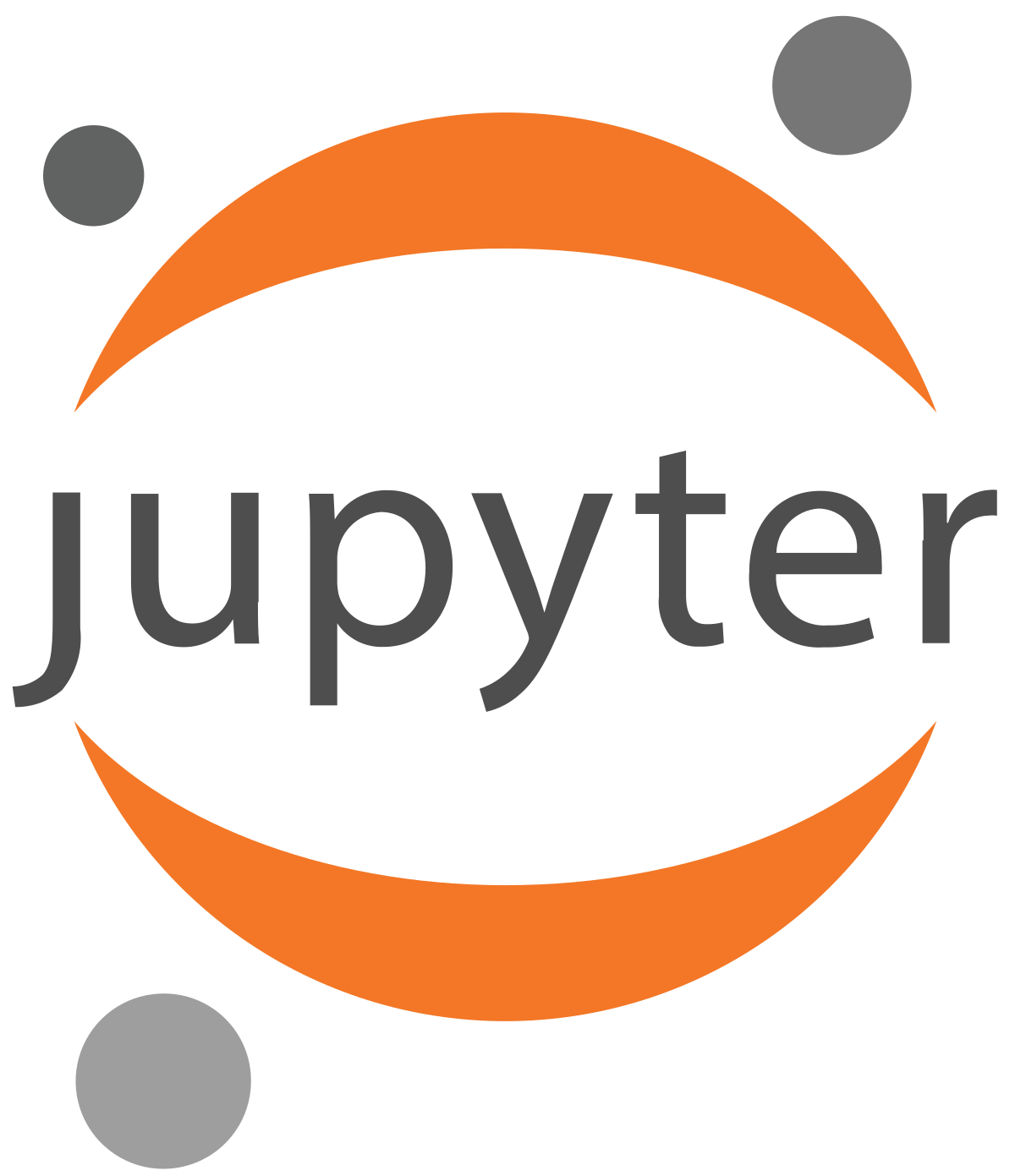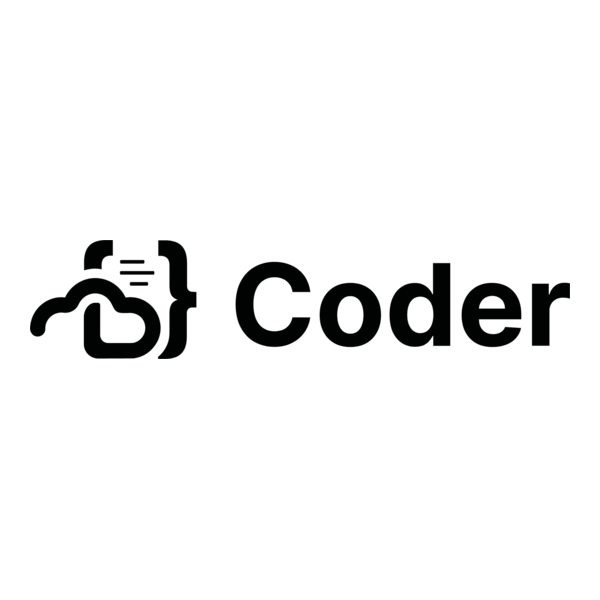At UCSB, we support research, teaching, and innovation through a robust ecosystem of platforms tailored for data science, software engineering, cloud-native infrastructure, and scalable storage. From analyzing data in JupyterHub or RStudio to managing containerized workloads via Rancher and Kubernetes, our curated tools enable high-performance computing, seamless collaboration, and sustainable development. These platforms empower students, faculty, and staff to build, test, and scale ideas confidently across disciplines.
Jupyterhub enables scalable and collaborative data science environments by providing centralized access to powerful computational resources through a web-based interface. Users can launch interactive sessions using familiar tools like JupyterLab, RStudio, and other supported IDEs, all without the need for complex local setup. Designed for multi-user access, JupyterHub is ideal for academic courses, research groups, and workshops, offering a consistent, reproducible environment that supports Python, R, and many other languages.
Rancher enables scalable and secure Kubernetes management across cloud, on-premises, and edge environments, making it easier to deploy and maintain containerized applications. It supports both K3s, a lightweight distribution ideal for edge and IoT workloads, and RKE2, a hardened, security-focused Kubernetes distribution designed for production and compliance-sensitive environments. Together, these tools offer flexibility, performance, and consistency for modern research and academic computing needs.
Coder is a cloud-based platform that enables developers to create, manage, and collaborate on development environments from anywhere. By moving development workflows to the cloud, Coder eliminates the need for local setup and ensures consistent, scalable environments across teams and projects. It supports a wide range of tools and languages, integrates with version control systems, and enhances collaboration by making development environments easily shareable and reproducible.
Forgejo is a self-hosted Git service that supports collaborative software development through repositories, issue tracking, pull requests, and continuous integration features. It provides a lightweight, reliable alternative to commercial Git platforms, giving users full control over their code and workflows. With support for Git LFS (Large File Storage), Forgejo is well-suited for managing large datasets, binary assets, and media files often used in research and academic projects.
Ceph is a highly scalable, distributed storage platform that provides unified access to block, file, and object storage, making it ideal for diverse research and academic workloads. At UCSB, Ceph supports RBD (RADOS Block Device) for high-performance virtual machine and container storage, CephFS for shared POSIX-compliant file systems, and RGW (RADOS Gateway) for S3-compatible object storage. This flexibility allows users to choose the most appropriate storage model for their applications—whether it's storing large datasets or hosting scalable research data repositories.





